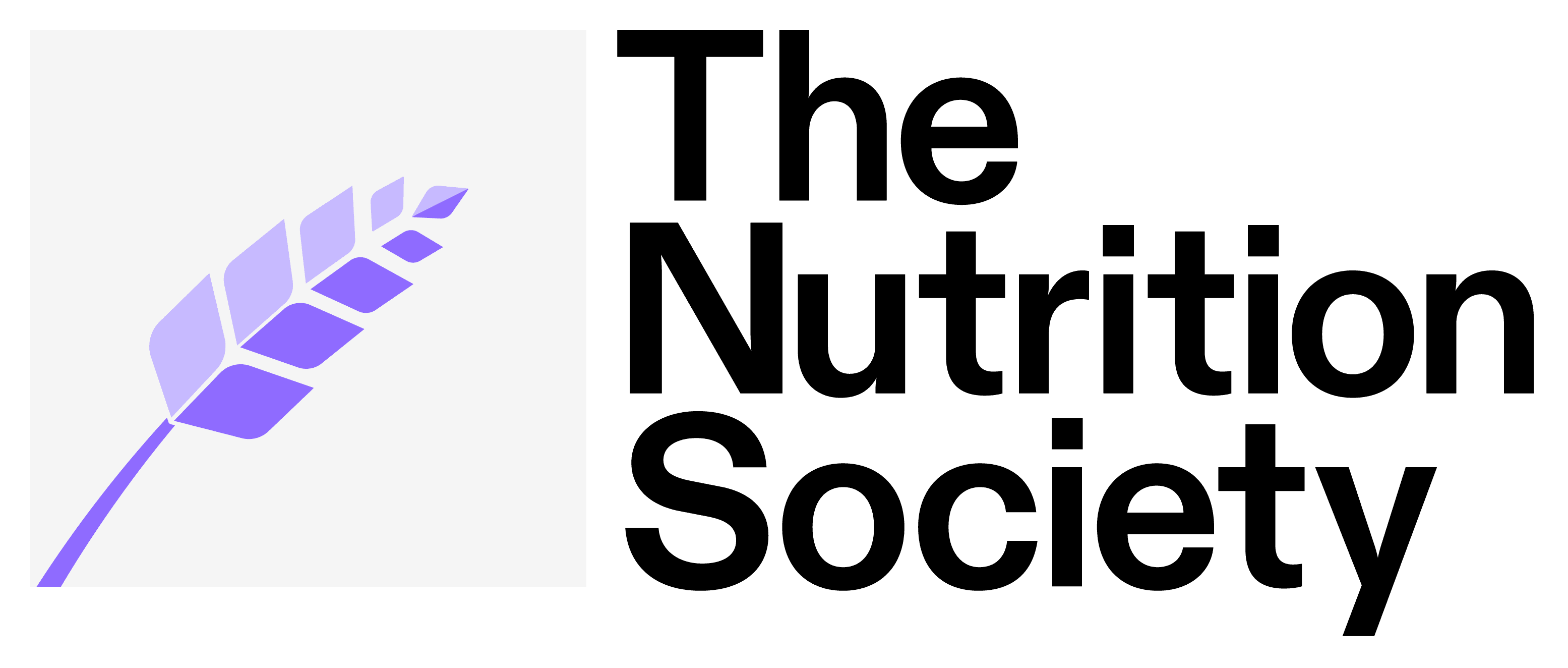We are living in an age where we seem to want to get more from our food, not just in terms of flavour and variety, but also in how it impacts on our bodies. Over the past few decades a whole range of foods and ingredients have emerged onto the market, offering things ranging from a youthful complexion and making us smarter to through to boosted immune systems and healthier hearts. Alongside the claims, a whole new language has emerged with foods described as nutraceuticals, nootropics and nutricosmetics. However, are these claims all backed up by science, and what does that even mean? Can food ever truly be a medicine and how do claims for food differ to the regulations covering pharmaceutical products and medical devices or even herbal products? This webinar seeks to look at some of the myths used in marketing of foods, ingredients and supplements, considering the underpinning physiology before assessing the validity and compatibility of the claims with current UK legislation.
Focus will be placed on the idea of evidence informed nutrition considering how research data can be both used and misused to promote anything from the latest superfood through to whole diets. Finally, the same evidence informed approach will be taken to consider the truths and myths behind the claims that everything we know about a healthy diet is wrong.
What will I learn?
- Assess the validity and compatibility of claims against current UK legislation
- Recognise the impact of how research data can be used and misused to promote foods
- Bust some of the myths in the food market


